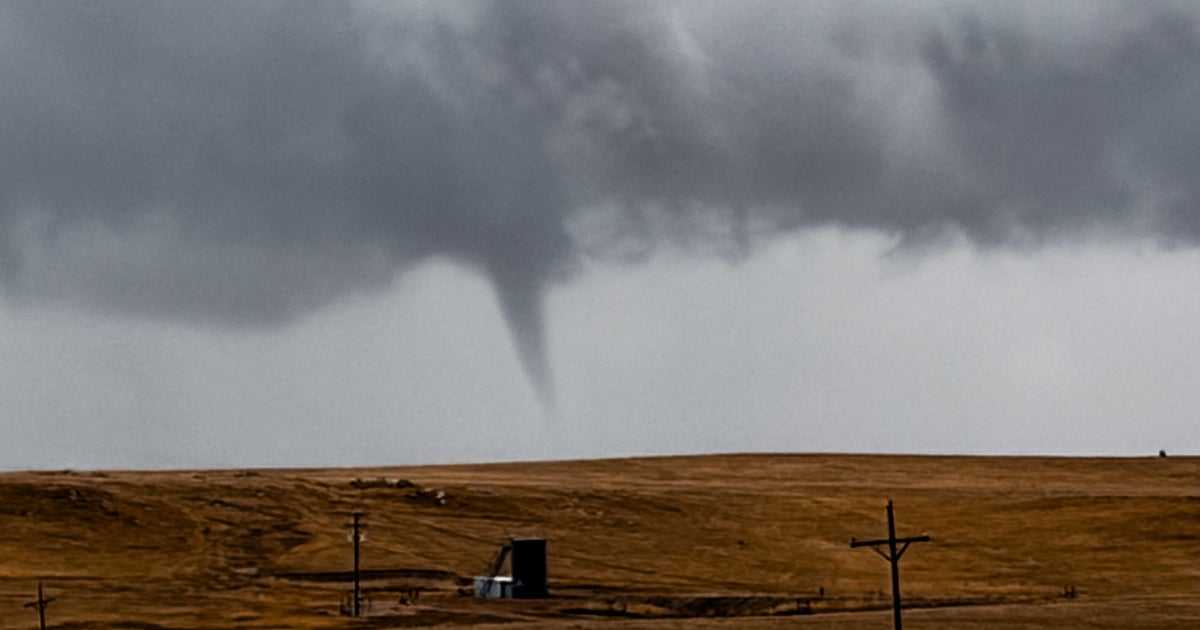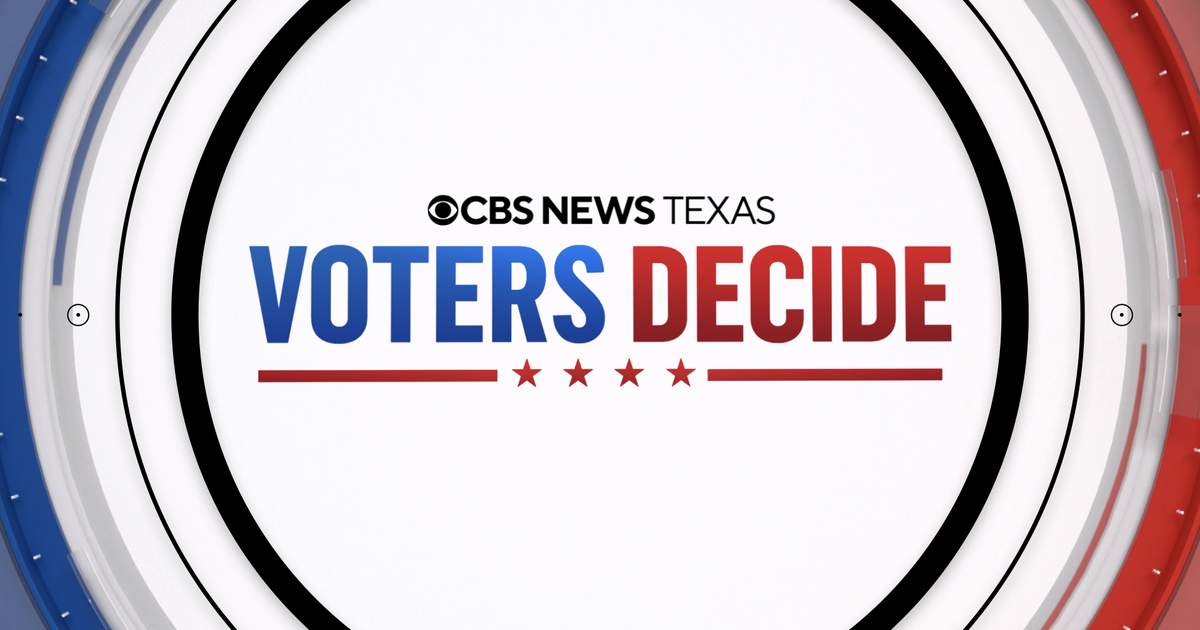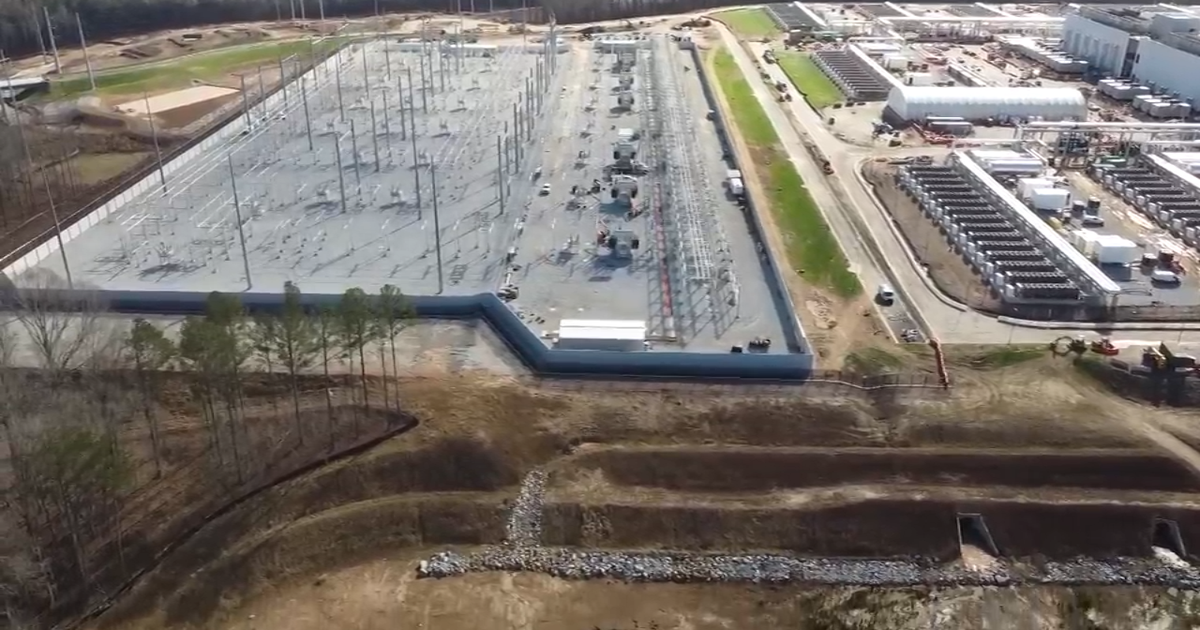Colorado's Constitutional Rewrites Are Bitter Ballot Issue
DENVER (AP) — Jerry Sonnenberg's state Senate district encompasses 11 counties and 91,000 voters in Colorado's northeastern plains. When it comes to statewide ballot measures on issues such as water rights in faraway cities, he wants his rural constituents to have a say.
So Sonnenberg has joined a well-funded coalition of Republicans, Democrats, business, energy and agricultural interests in supporting Amendment 71, an initiative that would make it tougher to change Colorado's Constitution, in part by requiring ballot proponents to first get some support in his 1st Senate district.
Amendment 71 would require petition signatures from at least 2 percent of registered voters in all 35 state Senate districts. Currently, 98,000 voters from anywhere in the state can sign to get a proposed change onto the ballot.
"In my district you'd need 1,800 signatures. You'd have to come here and get them," said Sonnenberg, a Sterling Republican and farmer. "This makes them come out to rural Colorado, rather than scoop signatures up along Denver's 16th Street Mall."
Sonnenberg once suggested that each of Colorado's 64 counties have a single House seat to disperse political power from the rapidly growing Front Range. He sees the fight over 71 the same way.
"If you want to take somebody's water rights and somebody's property for a golf course or a municipality, you'd have to come here and try to gather signatures," he said. "Or let's say you want in our constitution to do away with coal mines. You'd have to go to Craig and try to explain why it's such a good idea."
Others, such as Democratic Gov. John Hickenlooper and Colorado Springs' Republican mayor, John Suthers, argue that one of the nation's most malleable constitutions has produced an annual headache for state budget writers.
The 1992 Taxpayer's Bill of Rights amendment caps the amount of tax revenue the state can spend. If revenues surpass that cap, it requires refunds or voter approval to keep them.
But Amendment 23, approved in 2000, requires annual state spending hikes for K-12 education. And the Gallagher Amendment, adopted in 1982, lowered residential property tax rates, forcing the state to make up for local school funding shortfalls while trying to abide by Amendment 23 and TABOR.
After fighting off two efforts this year to strengthen local control over hydraulic fracturing, the oil and gas industry has funded most of the $4.2-million pro-71 campaign. Business groups argue they cannot operate efficiently if regulations can be changed and cemented in the constitution each election cycle.
But Coloradans historically have been wary of government, and a powerful grassroots coalition of Democrats, Republicans, civil rights, gun rights and environmental activists is fighting 71, which also would raise the threshold for approving constitutional changes from a simple majority to 55 percent of the vote.
Their top argument: Only well-funded special interest or industry groups could afford to petition — or fight a petition — to change the constitution under 71.
"If wealthy interests wanted to make sure a measure didn't make the ballot, all they'd need to do is hunker down in one or two senate districts to block it," said Elena Nunez of Common Cause, a liberal nonprofit. "There are better ways to do this."
That means encouraging citizens to change laws rather than the state's founding document.
"Look at this year's ballot," said Richard B. Collins, who specializes in constitutional law at the University of Colorado Law School. "There are four constitutional amendments, and the other three — raising tobacco taxes, universal health care and raising the minimum wage — could be done by statute."
- By JAMES ANDERSON, AP Writer
(© Copyright 2016 The Associated Press. All Rights Reserved. This material may not be published, broadcast, rewritten or redistributed.)







